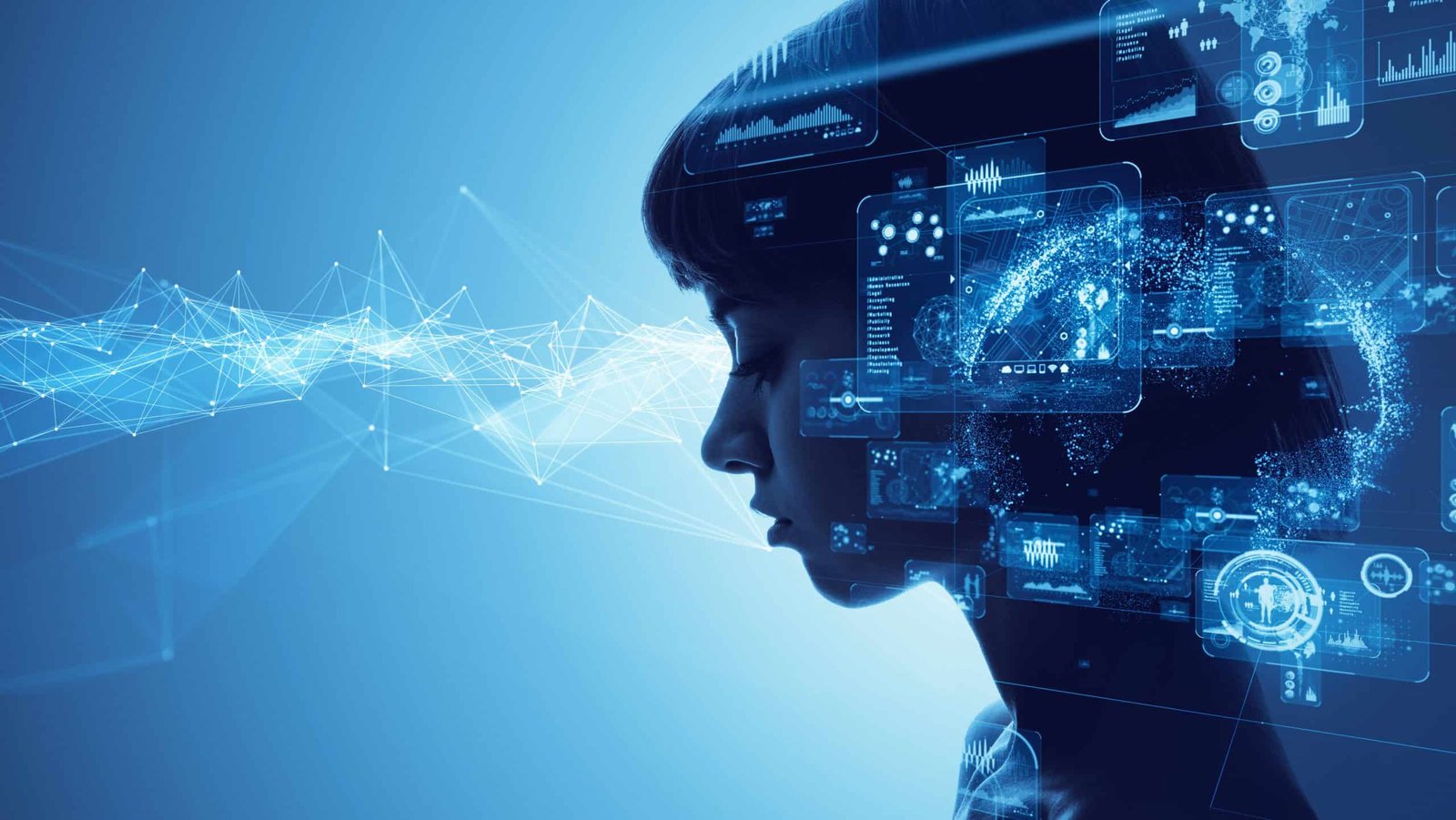
The world of technology is constantly evolving, with Artificial Intelligence (AI) at the forefront of this revolution. By 2033, the global AI market is projected to undergo significant transformations, reshaping industries, economies, and daily lives. In this post, we will explore the potential landscape of AI in 2033, understanding its impact, challenges, and opportunities.
Understanding the AI Explosion
AI’s journey over the past decade has been nothing short of extraordinary. From voice assistants to self-driving cars, AI has transitioned from a novel concept to a ubiquitous reality. The key driver behind this explosion is the exponential growth in data and computing power, coupled with advancements in machine learning algorithms. These elements have enabled AI systems to learn, adapt, and perform complex tasks with unprecedented accuracy.
AI’s Economic Impact
By 2033, AI is expected to be a major economic force. Industries such as healthcare, finance, retail, and manufacturing are already leveraging AI for efficiency, cost reduction, and improved customer experiences. The integration of AI in these sectors is poised to boost productivity, spur innovation, and create new business models. This economic impact will not be limited to the private sector; governments are also likely to invest heavily in AI for public services, infrastructure, and national security.
The Role of Ethics and Regulations
As AI continues to permeate various aspects of life, ethical considerations and regulatory frameworks will become increasingly important. Issues such as data privacy, algorithmic bias, and the displacement of jobs due to automation are already sparking debates. By 2033, we can expect well-defined ethical guidelines and regulations governing AI development and deployment, ensuring that AI benefits society as a whole while minimizing negative impacts.
AI and the Workforce
One of the most discussed aspects of AI’s rise is its impact on the workforce. While AI will automate certain tasks and jobs, it will also create new roles and demand for skills in AI development, data analysis, and system maintenance. The key challenge will be ensuring that the workforce is equipped with the necessary skills and knowledge to thrive in an AI-dominated landscape.
Innovation and Research Frontiers
Research in AI is moving at a rapid pace, with breakthroughs in areas like natural language processing, computer vision, and reinforcement learning. By 2033, we can anticipate significant advancements in AI capabilities, potentially leading to AI systems that can understand and reason at a near-human level. These advancements will open up new frontiers for innovation, including more sophisticated AI assistants, autonomous systems, and even AI in creative industries.
Global AI Market Dynamics
The global AI market is expected to be highly competitive, with major players in the tech industry vying for dominance. However, this competition will also drive collaboration, as companies, governments, and research institutions work together to advance AI technologies. Emerging markets may also play a crucial role in shaping the AI landscape, with countries like China and India investing heavily in AI research and development.
Challenges and Risks
Despite the promising future, AI also presents challenges and risks. Issues like cybersecurity, the ethical use of AI, and the potential for AI to be used in harmful ways will need to be addressed. Governments, organizations, and individuals will have to collaborate to ensure that AI is developed and used responsibly.
AI in Healthcare: Revolutionizing Treatment and Diagnosis
Healthcare is one area where AI’s impact by 2033 will be profoundly felt. AI algorithms are becoming increasingly adept at diagnosing diseases, predicting patient outcomes, and personalizing treatment plans. In the next decade, we can expect AI to play a crucial role in drug discovery, reducing the time and cost associated with bringing new medications to market. Additionally, AI-powered health monitoring devices and telemedicine services will become more prevalent, making healthcare more accessible and efficient.
AI in Education: Personalizing Learning Experiences
The education sector is another area ripe for AI transformation. By 2033, AI could revolutionize the way we learn, offering personalized learning experiences tailored to individual student needs. AI systems will be able to assess students’ learning styles, strengths, and weaknesses, and provide customized content and resources. This could help bridge educational gaps and provide quality education to a broader audience, regardless of geographical or socioeconomic barriers.
AI in Environmental Sustainability
As concerns about climate change and environmental sustainability grow, AI’s role in addressing these challenges will become increasingly important. By 2033, AI could be instrumental in monitoring environmental changes, predicting natural disasters, and optimizing resource use. AI-driven technologies can help in energy management, reducing waste, and developing sustainable practices across various industries.
AI in Entertainment and Creative Industries
The entertainment and creative industries are also poised to be transformed by AI. By 2033, we might see AI playing a significant role in content creation, from writing scripts to composing music and creating art. AI’s ability to analyze audience preferences and trends will enable more personalized and engaging content. The gaming industry, in particular, stands to benefit from AI’s advancements, with more immersive and interactive experiences.
Preparing for an AI-Driven Future
To fully leverage the potential of AI by 2033, it’s crucial to prepare for this AI-driven future. This involves investing in education and training programs to develop AI literacy and skills across the workforce. Governments, businesses, and educational institutions must collaborate to create a conducive environment for AI innovation while addressing societal and ethical concerns.
Final Thoughts
As we look towards 2033, the journey of AI from a burgeoning technology to a pivotal force in our lives is set to continue. The advancements in AI will bring about profound changes, offering incredible opportunities for growth and innovation. However, it’s essential to approach these developments with a sense of responsibility and foresight, ensuring that AI is harnessed for the greater good of humanity. The future of AI is not just about technological progress; it’s about shaping a world where technology enhances our lives in meaningful and sustainable ways.



